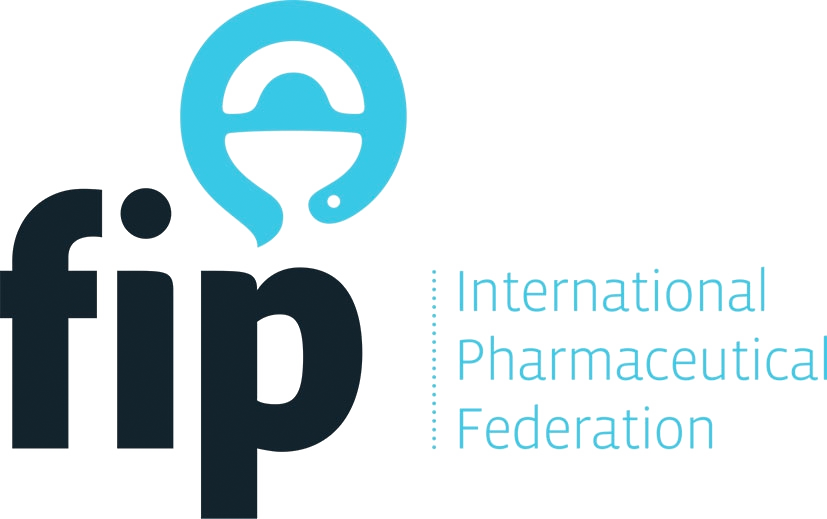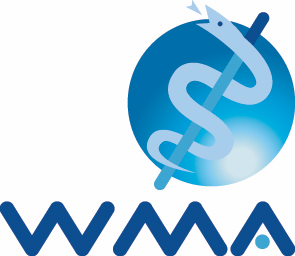January 2016
Honourable Chairperson, Distinguished Delegates,
Thank you for the opportunity to speak on behalf of the international organisations representing the worlds physicians, nurses, pharmacists, dentists and physical therapists which together form the World Health Professions Alliance WHPA, representing over 26 million health professionals in 130 countries.
As healthcare professionals, we have a major role in health promotion and prevention to support ‘autonomy’, ‘quality of life’ and ‘healthy life years’ in an ageing society. Ageism can, however, be an issue in health care. Health professionals may unconsciously rationalize their treatment strategies based on age primarily rather than patient/client needs. We would like therefore to state a few core principles:
- Healthcare settings should be accessible to elderly and therefore age-friendly;
- Education on ageing issues at undergraduate level is key, with support from age‐friendly work policies;
- Essentially, a physically active citizen is less costly to the state and has the capacity to contribute economically to society and is thus more likely to live the life he/she values. There is long standing consensus on the beneficial effects of exercise throughout the life course, and, more recently, there is evidence of beneficial effects of moderate exercise on health in older people with co‐morbidities;
- The oral health of the elderly patient is essential for their autonomy, maintaining the ability to chew and avoid issues such as malnutrition;
- Elderly patients usually have multiple medication, their responsible use supported by interprofessional collaborative practice is a necessity for achieving healthier life as well as substantial savings.
- With current demographic trends, the need for effective primary healthcare services and nursing home facilities will only grow and the demand for a health workforce capable of handling older patients will increase as well.
Thank you for your attention.




